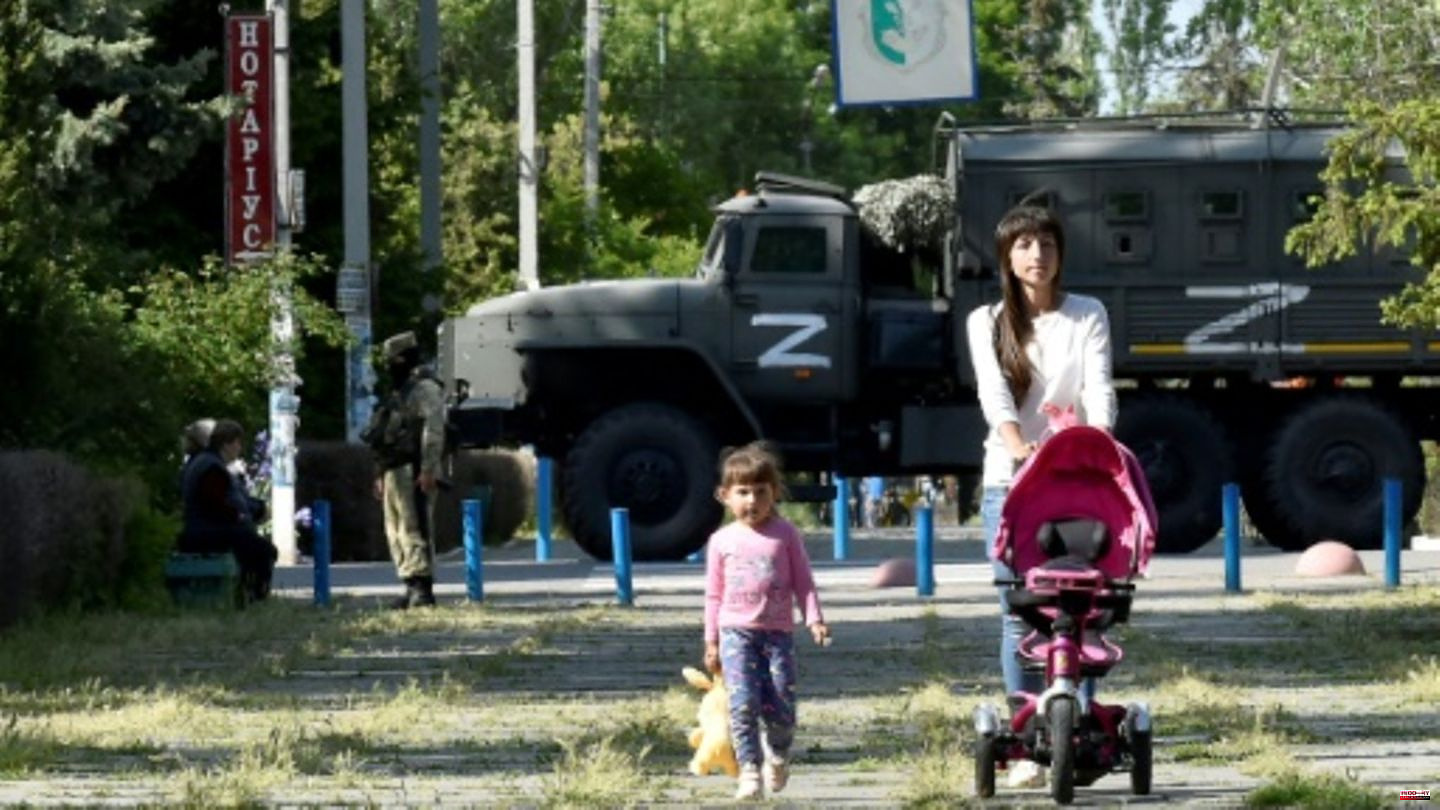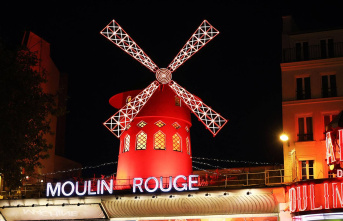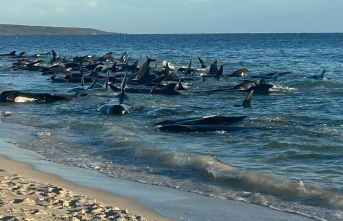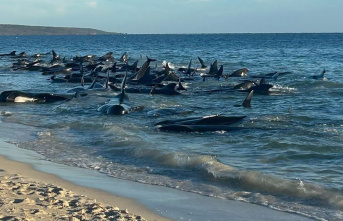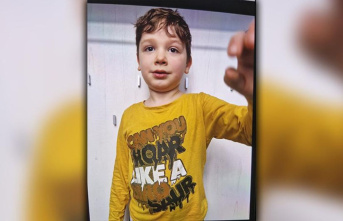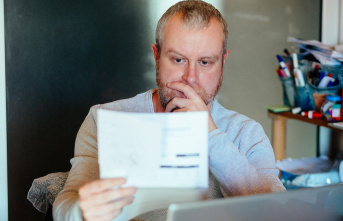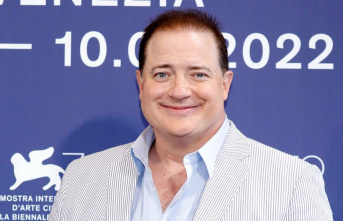The pro-Russian head of administration in Cherson, Stremusov, said shortly after his interview in the online service Telegram that "everything is not going as quickly as planned" in the annexation referendum. The vote will "definitely" take place. "No one is going to cancel it." There is "no break" because no date had been set beforehand. The authorities deployed by Moscow in the Cherson region have been talking about a referendum on annexation to Russia for several weeks.
The delay that has now been announced is an “understandably pragmatic” decision. The pro-Russian authorities are currently busy with their "main task": "feeding and protecting the population".
Earlier, Ukraine had reported progress in its counter-offensive in the region. According to the Southern Command, the Ukrainian soldiers retook several areas and destroyed, among other things, an ammunition depot, a pontoon bridge and a control center of the Russian army. The US-based think tank Institute for the Study of War wrote in a report of "verifiable progress in the South and East" by Ukraine.
The Cherson region, with its capital of the same name on the banks of the Dnipro, borders on the Black Sea peninsula of Crimea, which Russia annexed in 2014 - also after a referendum organized by Moscow. Cherson was the first major city in Ukraine to be taken by the Russian army in early March, shortly after the start of the Russian offensive. The region is of central importance for agriculture and is also strategically important due to its proximity to Crimea.
In the Zaporizhia nuclear power plant, the last working reactor was taken off the grid because of a "fire caused by attacks," according to the Ukrainian operator Energoatom. This damaged a power line between the power plant and the Ukrainian power grid.
According to the International Atomic Energy Agency (IAEA), the nuclear power plant originally had four main lines to the Ukrainian power grid. Three of them had been cut off "earlier during the conflict".
"The world is once again on the brink of a nuclear catastrophe," said Ukrainian Energy Minister German Galushenko after it became known that the Zaporizhia nuclear power plant was disconnected. Galushenko called for the Russian military to withdraw and for a demilitarized zone to be established around the power plant.
French President Emmanuel Macron echoed this demand in a phone call with his Ukrainian counterpart Volodymyr Zelenskyy. According to his office, Macron said that the safety of the nuclear power plant could only be guaranteed by "a withdrawal of Russian troops". It is "absolutely necessary" to ensure the safety of the nuclear vehicle.
According to the IAEA, only one in six reactors in the nuclear power plant was producing electricity "both for cooling and for other essential safety functions of the plant and via the power grid for households, factories and others".
An IAEA mission led by its chairman Rafael Grossi visited the Zaporizhia nuclear power plant last week. Six inspectors initially stayed there afterwards. On Monday, four members of the IAEA team left, but two more would stay "permanently", Ukrainian operator Energoatom said.
Zaporizhia is the largest nuclear power plant in Europe. The fighting around the nuclear power plant is fueling fears of a nuclear catastrophe like that in Chernobyl in 1986.

